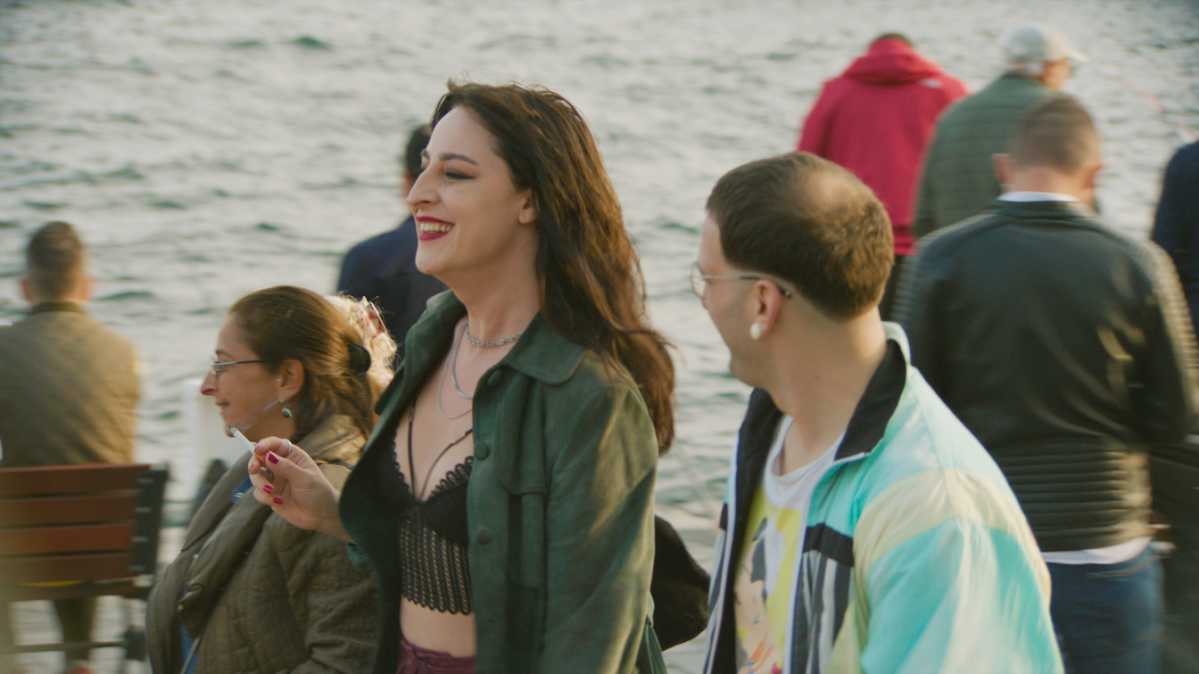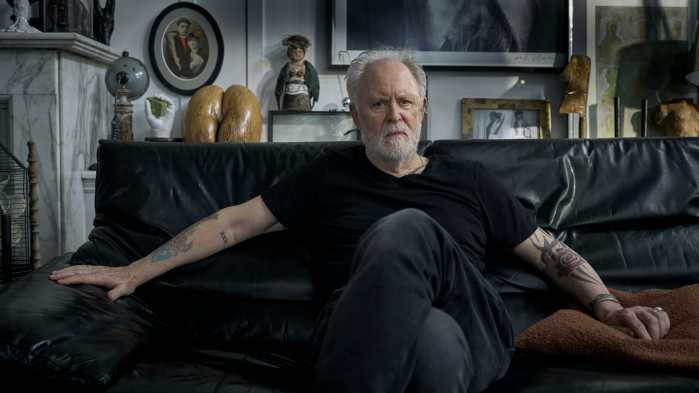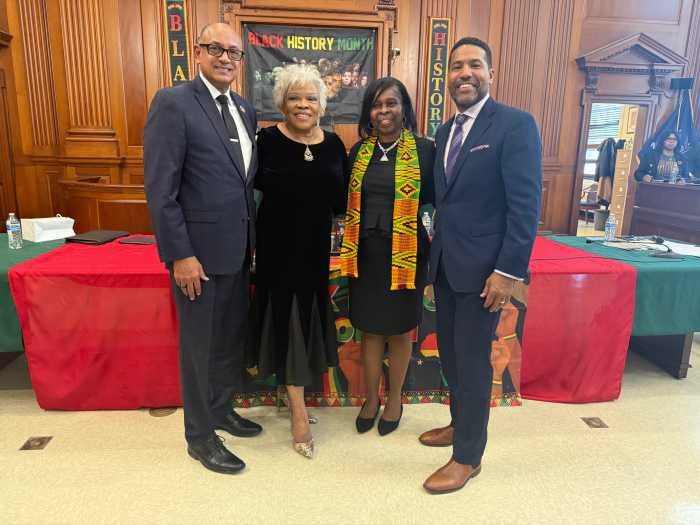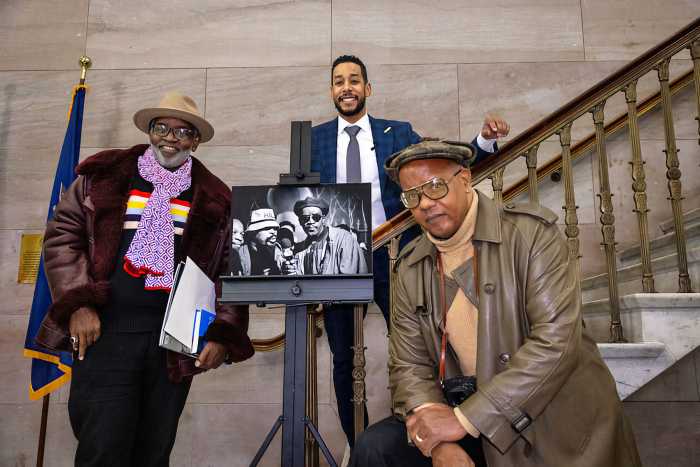Gay director Levan Akin’s third film, “Crossing,” threatens to become the kind of liberal cinema that treats minorities as living lessons for its audience, but fortunately, it develops into a more complex and thoughtful film. It walks a tightrope of gender and national identities, with the Swedish director returning to his roots in Georgia (where his ethnic background lies) and Turkey (where his parents were born). Beginning in the former country, it follows 25-year-old Achi (Lucas Kankava) and Lia (Mzia Arabuli), his high school history teacher, on a quest to track down Lia’s niece, a trans woman who’s gone missing en route to Turkey. Achi was one of the only people in their village who treated her decently; Lia recounts a story of a father in a neighboring town who apparently killed his trans child in an “accident.” Once Achi and Lia arrive in Istanbul, the film picks up a new thread. It adopts the perspective of Evrim (Deniz Dumanli). She’s a trans woman who used to be a sex worker, now working as a lawyer and activist. After meeting Omer, who drives an illegal taxi to support himself as he studies to become a geography teacher, the two start dating, finding a healthier relationship than the ones she has made with cis men in the past.
The film’s vision of Georgian masculinity is brutish, with Achi’s stepbrother erupting in rage at him for daring to lounge shirtless near his wife. Turkey looks far more attractive. The city is vibrant, full of music. Gay clubs pulse with techno, while buskers play acoustic instruments. Even Istanbul’s many feral cats are ever-present. Istanbul still has room for the marginalized, as trans sex workers stand on the street and pick up clients. The city doesn’t welcome them, but the choice of Lia’s niece to move there suggests a broader set of options than one could find elsewhere in the region. It glides along at an informal, unhurried pace, with no desire to rush to bring its storylines together. When Achi and Lia take the ferry into Istanbul, the camera becomes mobile, exploring the ship and its passengers.
Arabuli suggests a tremendous amount with silence. Her role is a tough one, because Lia broods in silent disapproval. Her personality is conveyed mostly in her face, rather than her words. She looks unhappy with the hip-hop Achi plays in the car but is unwilling to say anything. Though she’s willing to travel with him, he gets on her nerves. Her unhappiness goes unacknowledged even by her. Her habit of downing chacha, a Georgian liquor, several times a day suggests a dependency on alcohol that she doesn’t consciously recognize, even though others can. She grimaces at spending the night at a cheap hotel in the red light district, where the noise of sex keeps her up. She’s in no position to rescue anyone else; the narrative’s forward motion builds towards her recognition of her own flaws.
The fact that Akin’s an insider and outsider to both Georgia and Turkey comes through in the film. (His 2019 “And Then We Danced,” which follows a gay dancer’s life, was set in Georgia, where its premiere was besieged by right-wing Christian protesters.) If “Crossing” feels a need to explain their cultures, it soon gets down to people, never treating them as mere symbols of the countries where they grew up. Akin never puts more on the film’s plate than he can chew. The film’s strands are woven together with great care, not exactly dislodging Lia from the center (one senses “Crossing’ is aimed at a cis audience) but treating Evrim’s story as equally worthy of time and attention. Without overdoing its optimism, it yearns for change towards a more humane world.
“Crossing” | Directed by Levan Akin | In Georgian and Turkish with English subtitles | MUBI | Opens July 18th at the Angelika



































